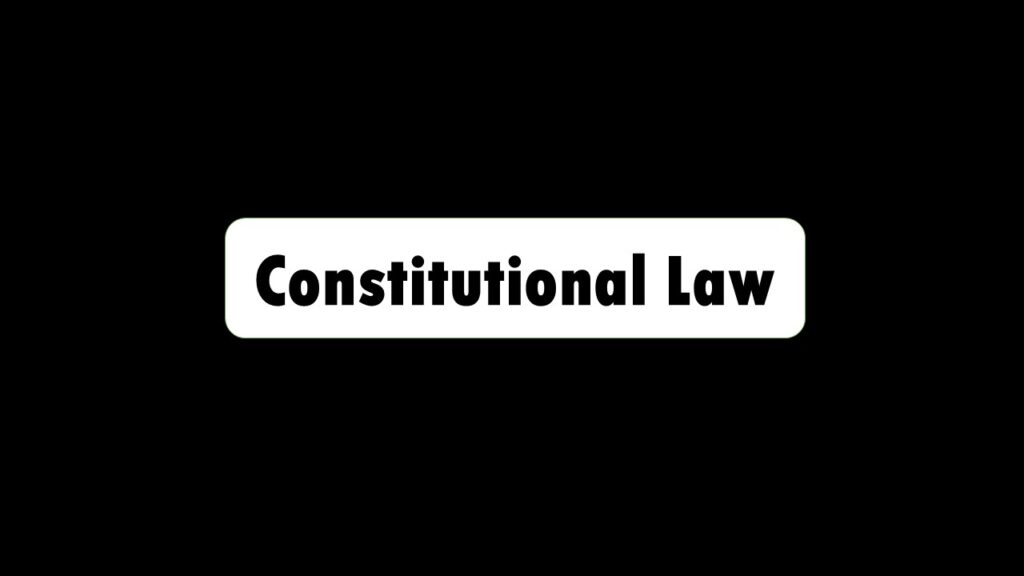Nandini Satpathy v. P.L. Dani, (1978) 2 SCC 424
Legal perils do not make a testimony compelled and violate Article 20(3)
57. We hold that Section 161 enables the police to examine the accused during investigation. The prohibitive sweep of Article 20(3) goes back to the stage of police interrogation — not, as contended, commencing in court only. In our judgment, the provisions of Article 20(3) and Section 161(1) substantially cover the same area, so far as police investigations are concerned. The ban on self-accusation and the right to silence, while one investigation or trial is under way, goes beyond that case and protects the accused in regard to other offences pending or imminent, which may deter him from voluntary disclosure of criminatory matter. We are disposed to read “compelled testimony” as evidence procured not merely by physical threats or violence but by psychic torture, atmospheric pressure, environmental coercion, tiring interrogative prolixity, overbearing and intimidatory methods and the like — not legal penalty for violation. So, the legal perils following upon refusal to answer, or answer truthfully, cannot be regarded as compulsion within the meaning of Article 20(3). The prospect of prosecution may lead to legal tension in the exercise of a constitutional right, but then, a stance of silence is running a calculated risk. On the other hand, if there is any mode of pressure, subtle or crude, mental or physical, direct or indirect, but sufficiently substantial, applied by the policeman for obtaining information from an accused strongly suggestive of guilt, it becomes “compelled testimony”, violative of Article 20(3).
